Keywords: Human Dignity
There are more than 200 results, only the first 200 are displayed here.
-
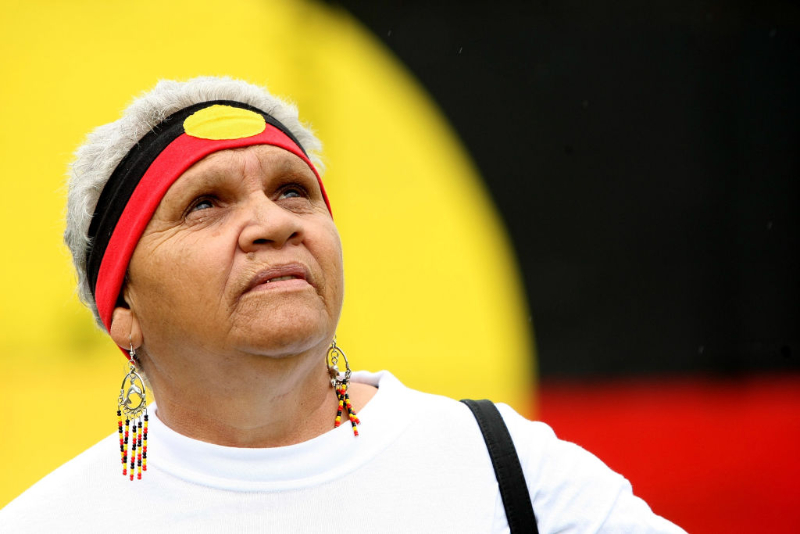
AUSTRALIA
- Andrew Hamilton
- 14 February 2022
6 Comments
The Apology by the representatives of Government was a landmark at the juncture of the road from the past and the path to the future. It defined the harm suffered by Indigenous Australians at the hands of governments obsessed by an ignorant and biased ideology. It also vindicated the Indigenous advocates who had long demanded an end to discriminatory attitudes and behaviour within non-Indigenous Australian society and its institutions.
READ MORE 
-

AUSTRALIA
- Greg Craven
- 25 January 2022
53 Comments
One reasonably could ask whether this is the moment to write a book about the potential of Catholic Social Theory to contribute to Australian politics and policy. After all, the Church is still struggling to come to terms with decades of child abuse, hardly a recommendation for social potential. We currently also are attempting to make sense of a Plenary that is both confused and confusing.
READ MORE 
-
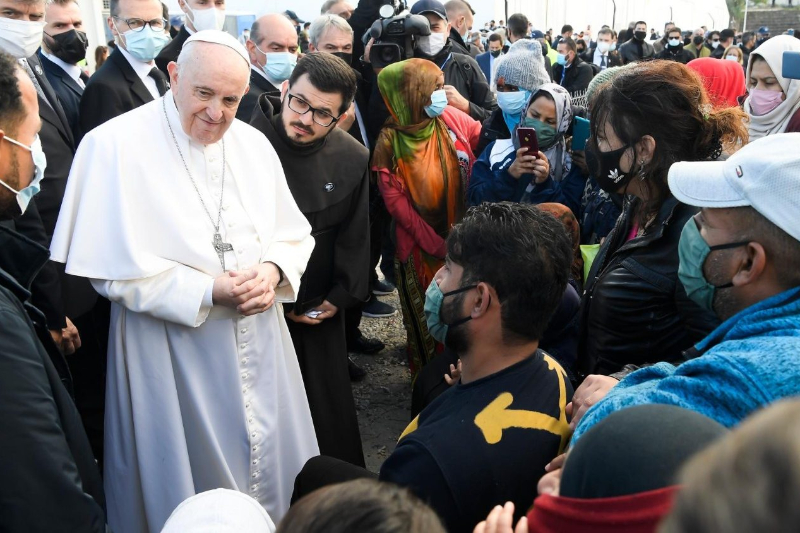
INTERNATIONAL
- Stephen Minas
- 18 January 2022
26 Comments
During his December journey to the eastern Mediterranean nations of Cyprus and Greece, Pope Francis drew attention to the conditions for irregular migration that result in thousands drowning at sea and many more languishing for years in camps. The International Organization for Migration records 23,150 missing migrants in the Mediterranean since 2014.
READ MORE 
-

RELIGION
- Andrew Hamilton
- 04 January 2022
12 Comments
The exchanges within churches echo trends in national life that heighten disagreements, lessen respect, and tend to confine conversation circles to people of similar views. People become annoyed if those opposing their views gatecrash their forums. This trend creates problems for Church sponsored publications.
READ MORE
-
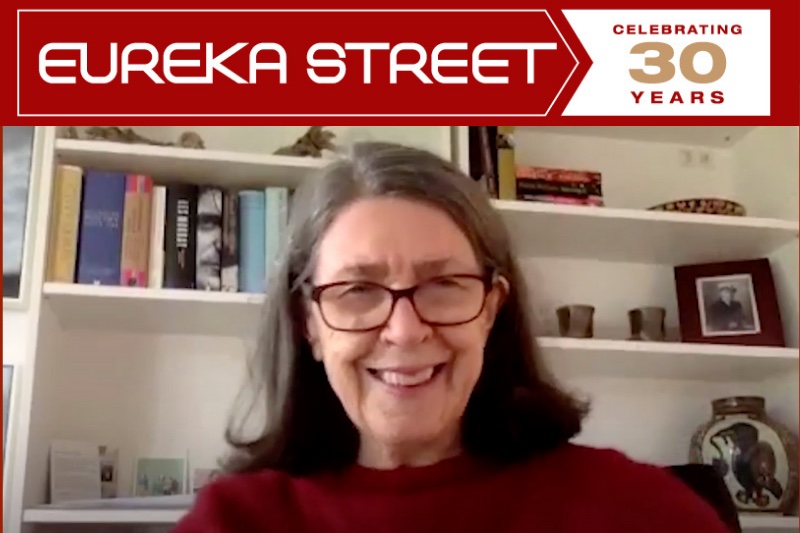
MEDIA
- David Halliday
- 16 December 2021
4 Comments
As part of the 30th anniversary of Eureka Street, we're running conversations with the team who first started the publication in 1991, alongside various people who have played a part in the Eureka Street story. In this video, Eureka Street editor David Halliday speaks with Morag Fraser.
READ MORE 
-
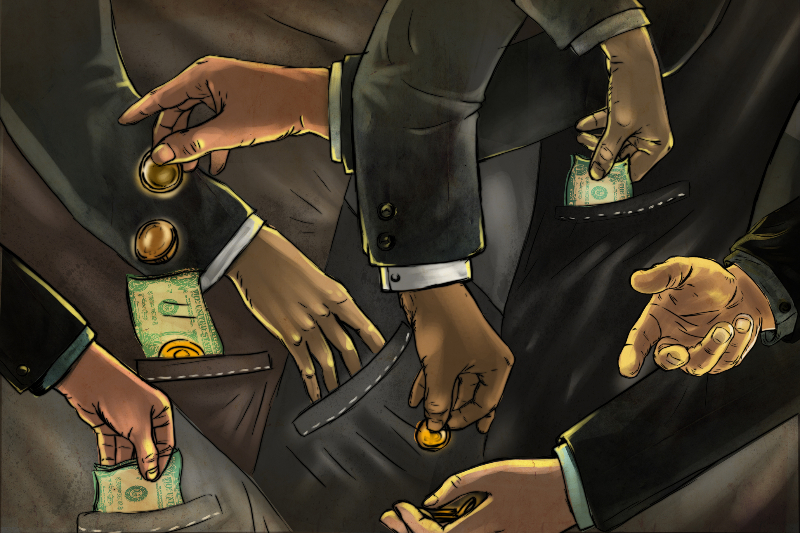
AUSTRALIA
- Andrew Hamilton
- 09 December 2021
24 Comments
Corruption in society is a sign that respect for human dignity has been eroded. If we identify the value of human beings with their ability to compete, we are easily led to treat other people and groups in society as instruments to be used for our own gain. The result is that the integrity of public institutions and people’s trust in them are eaten away.
READ MORE 
-
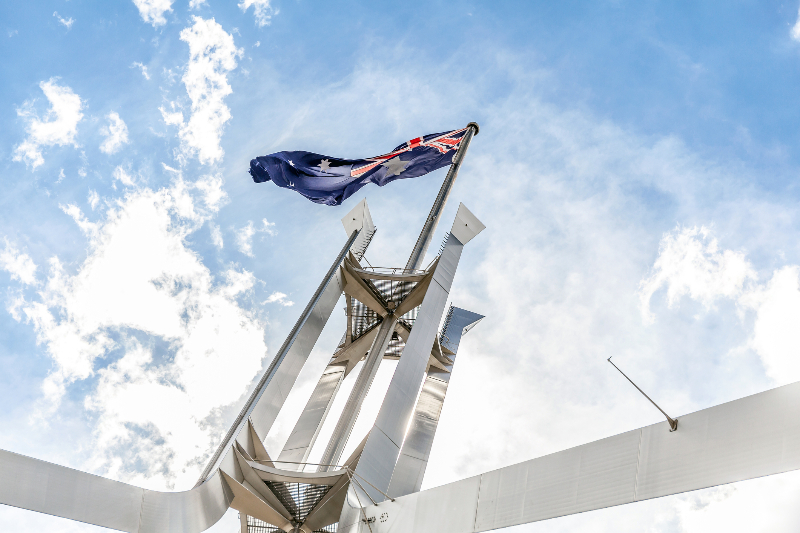
AUSTRALIA
- Frank Brennan
- 29 November 2021
17 Comments
On Thursday, three Bills were introduced to the House of Representatives: the Religious Discrimination Bill 2021, the Religious Discrimination (Consequential Amendments) Bill 2021, and the Human Rights Legislation Amendment Bill 2021. Collectively, these bills constitute the Morrison Government’s response to the Ruddock Religious Freedom Review provided to government in May 2018.
READ MORE 
-
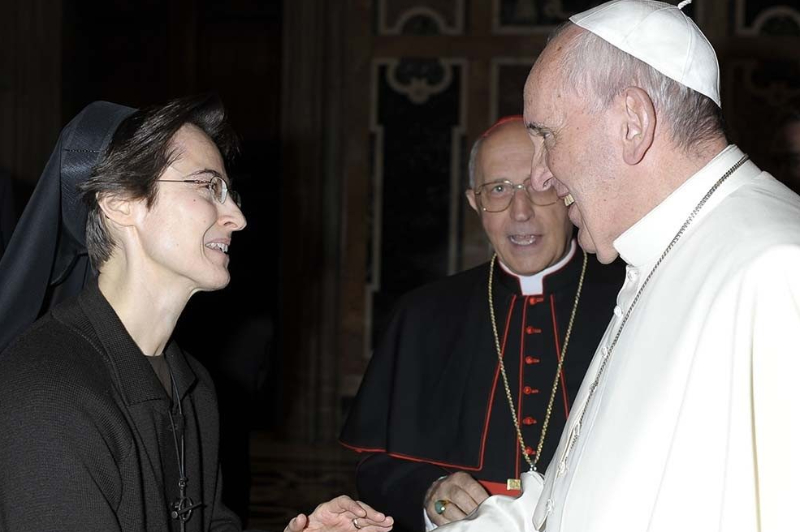
RELIGION
- Andrea Dean
- 18 November 2021
74 Comments
It’s good news to see women being appointed to significant roles within the Catholic Church, including several recent appointments of women to important positions in the Holy See. In early November Pope Francis appointed Sr Raffaella Petrini as secretary-general of the Vatican’s governorate.
READ MORE 
-
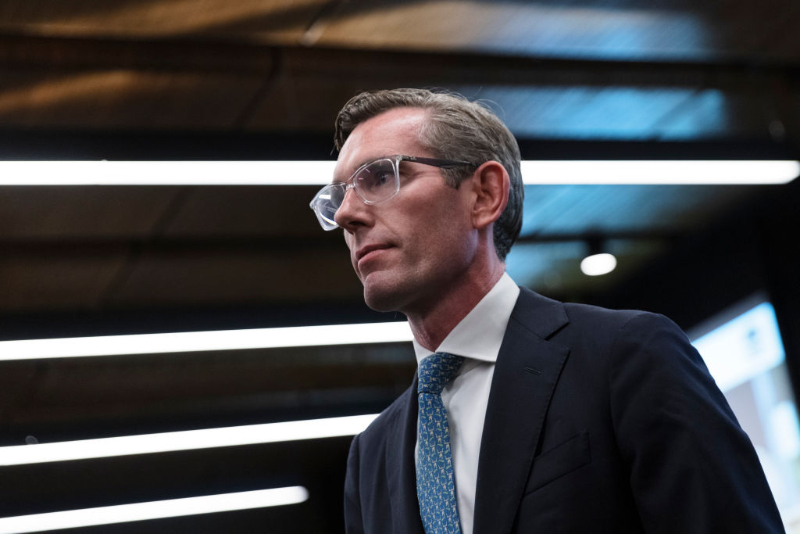
AUSTRALIA
- Julian Butler
- 01 November 2021
21 Comments
The elevation of Dominic Perrottet to the Premiership of New South Wales caused a flurry of commentary about his religious faith. In many parts of the media his politics and personality were framed by his Catholicism. I watched on with a degree of discomfort, and with a sense of possibility. Could some of the bigoted characterisations invite a richer conversation about the ideals and deeper narratives that enliven our public leaders?
READ MORE 
-
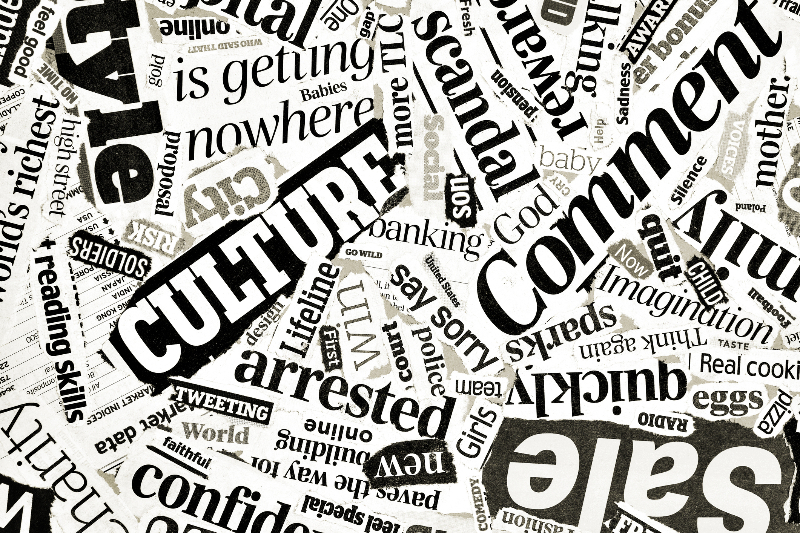
ARTS AND CULTURE
- Andrew Hamilton
- 28 October 2021
4 Comments
Sins have often been divided into those of thought, word and deed, with deed regarded as the worst. Today we pay more attention to sinful words, realising the harm that they can do. Bad words can bring social exclusion. Yet complex questions surrounding the use of words remain.
READ MORE 
-
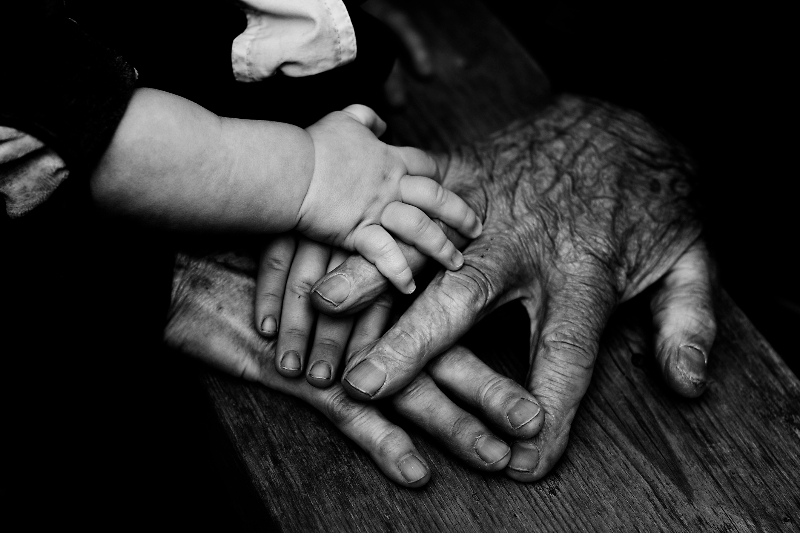
AUSTRALIA
- Andrew Hamilton
- 06 October 2021
40 Comments
Some weeks ago I wrote about the taking of human life and of the loss of its sacred connotations. I argued that the decisive consideration governing recent legislation in such issues as abortion and assisted dying has been the appeal to individual choice, supported by compassion for people who suffer from their denial. Whether we welcome this trend or regret it, as I do, we all have an interest in asking what effect it will have on society. In this article I would like to explore this question in a way that opens rather than closes conversation.
READ MORE 
-
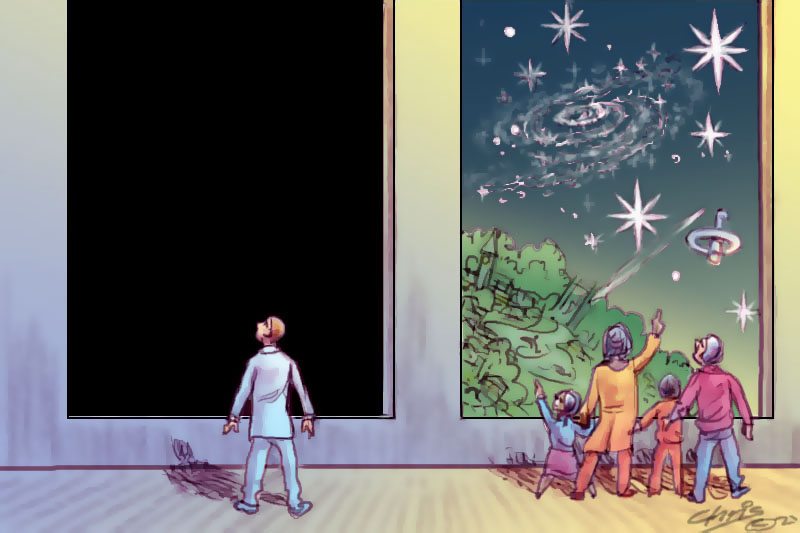
ARTS AND CULTURE
- Joel Hodge
- 05 October 2021
63 Comments
Does life have meaning? Or, as the new nihilists suggest, is life meaningless? A new book, The Sunny Nihilist, by writer and journalist, Wendy Syfret, puts the case for nihilism as an antidote to the obsessive search for meaning and purpose that many modern people experience.
READ MORE 